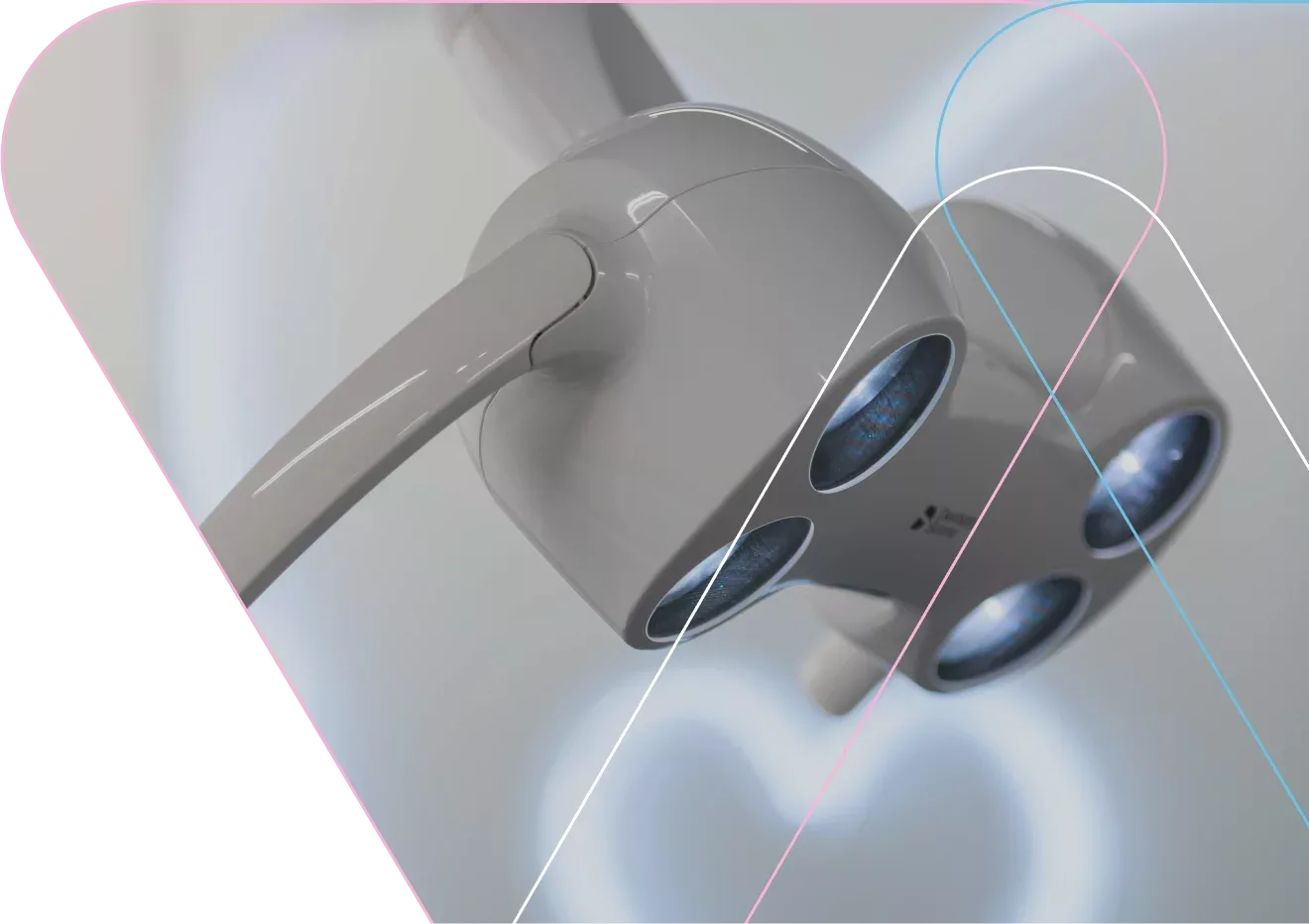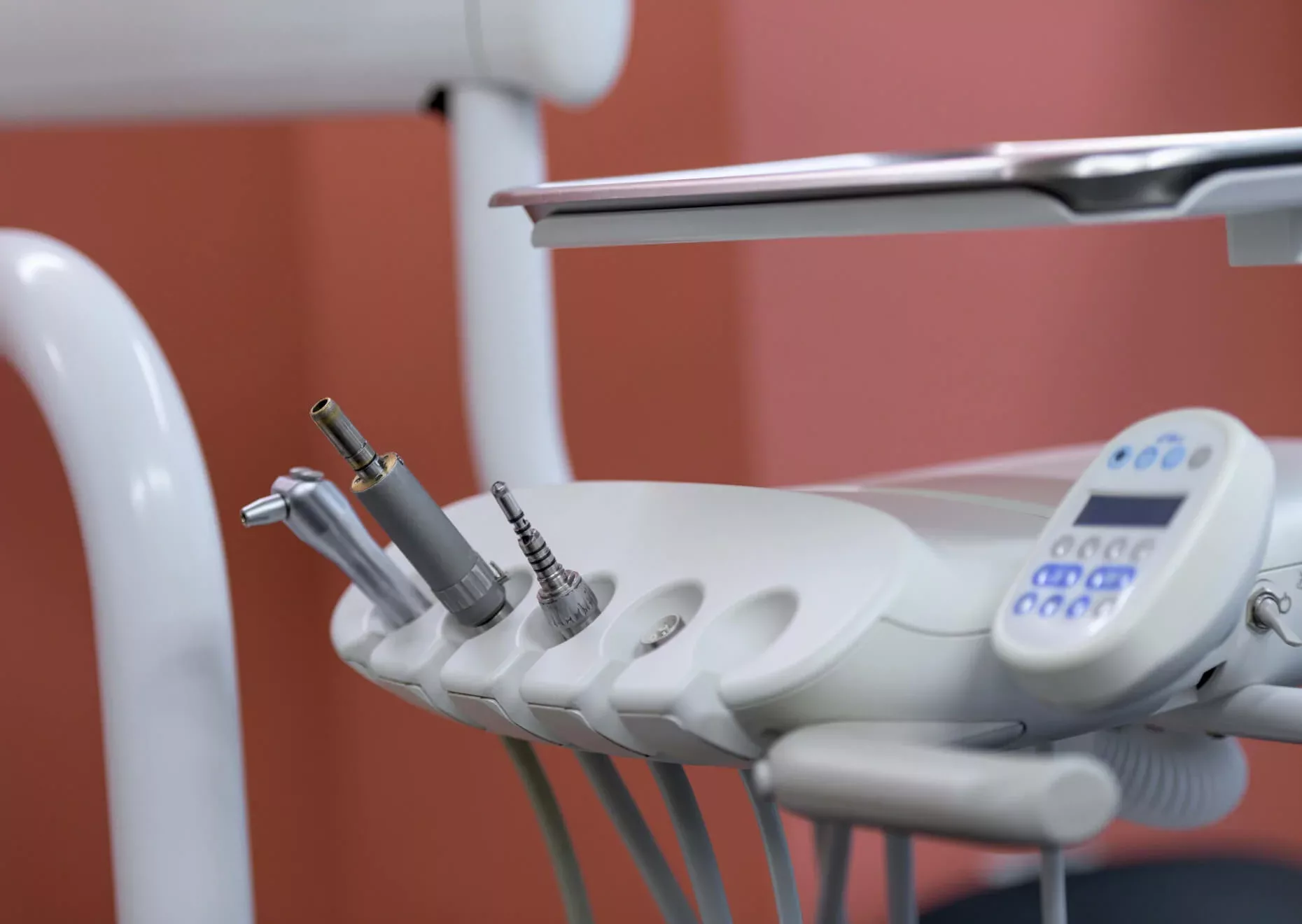Extractions & Wisdom Teeth
While we try to avoid removing teeth unless necessary, sometimes a tooth extraction is unavoidable. If you have a damaged tooth or wisdom tooth pain, chat to us about whether a tooth extraction is the right approach.

What is a Tooth Extraction?
If a tooth is badly damaged, decayed or infected, extraction may be the only option. Usually, our dentists will try to fix the tooth with a root canal, a crown or another restorative procedure but this isn’t always possible.
During a tooth extraction, you’ll be placed under general anesthetic or sedation and our gentle dentists will remove your tooth from the gum socket.

Wisdom Teeth Removal
Wisdom teeth can cause all sorts of problems, from overcrowding to constant toothache and infections. If you need your wisdom teeth removed, don’t worry.
Wisdom tooth removal is common and nothing to fear. Whether you need one teeth removed or all four, our dentists will make sure you’re as comfortable as possible during the extraction surgery.
What to Expect From Wisdom Tooth Removal
During your regular dental exam, we will assess your wisdom teeth to see if they need to be removed. This usually involves an intra-oral exam and an OPG x-ray (full jaw x-ray).
In some instances, a 3D x-ray will also be needed to properly assess the teeth for removal. We will guide you through the whole process, including how best to manage your recovery.

Our Gentle Approach to Wisdom Tooth Extractions

At your consultation, our gentle dentists will assess your wisdom teeth and explore options for removing them. If your wisdom teeth are impacted or are below the gumline we may need to make a cut in the gum or divide a tooth into pieces before it can be removed. We have a wealth of experience removing impacted wisdom teeth, as painlessly as possible. And for those anxious patients we can also offer sedation to help calm the nerves.
What to Expect at Your Extraction Appointments

01
At least two appointments including a consultation
02
Oral surgery can take 45-90 minutes
03
Extraction under general anaesthetic or sedation
04
Guidance from your dentist on your recovery
Frequently Asked Questions
When is tooth extraction necessary?
Extracting teeth is viewed as a last resort. Saving your natural tooth is always preferable, but sometimes a tooth may be beyond repair due to decay, gum disease or trauma. The one exception would be the removal of impacted wisdom teeth which can cause toothache, overcrowding and tooth decay.
Do wisdom teeth have to be removed?
Although wisdom teeth extraction is a common procedure, your wisdom teeth should only be removed if they are causing you problems. Impacted wisdom teeth are hard to clean. Food and bacteria can become trapped between your teeth and even regular brushing and flossing won't help. Wisdom teeth can also cause overcrowding in the mouth and push other teeth out. This can cause crooked teeth, toothache and chipping.
What happens before wisdom tooth removal surgery?
Your dentist will give you instructions for preparing for your surgery. If you are opting for sedation over general anaesthetic your dentist will discuss eating or taking medication before your surgery. You will need someone to accompany you to and from your surgery and you won’t be able to drive for a few days afterwards.
What happens after wisdom tooth removal surgery?
Your dentist will give you instructions for recovering from your surgery. These may include avoiding rinsing your mouth for 24 hours after surgery, avoiding smoking following surgery, taking care with hot and cold drinks, eating a soft food diet, and rinsing several times with salt water the day after surgery.

